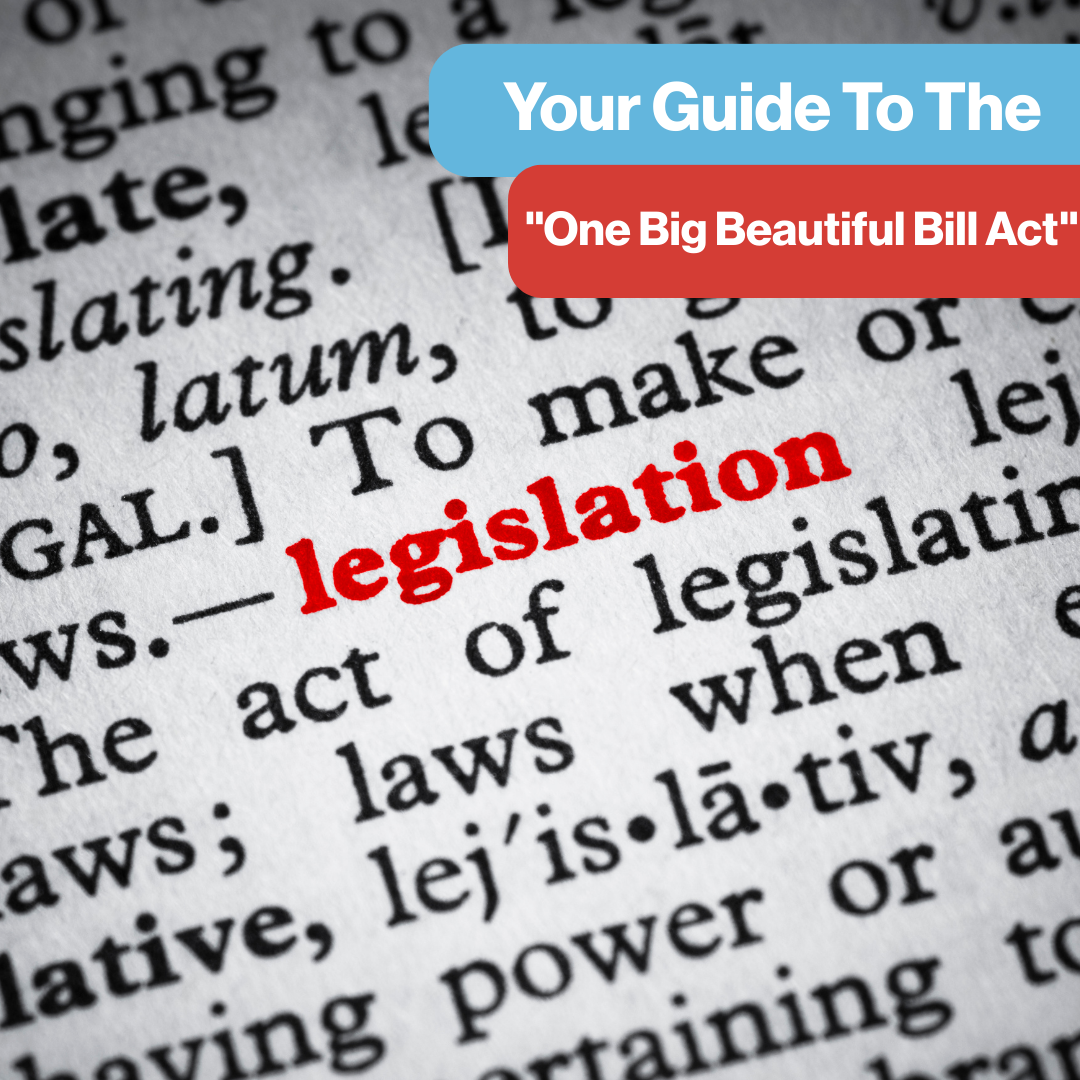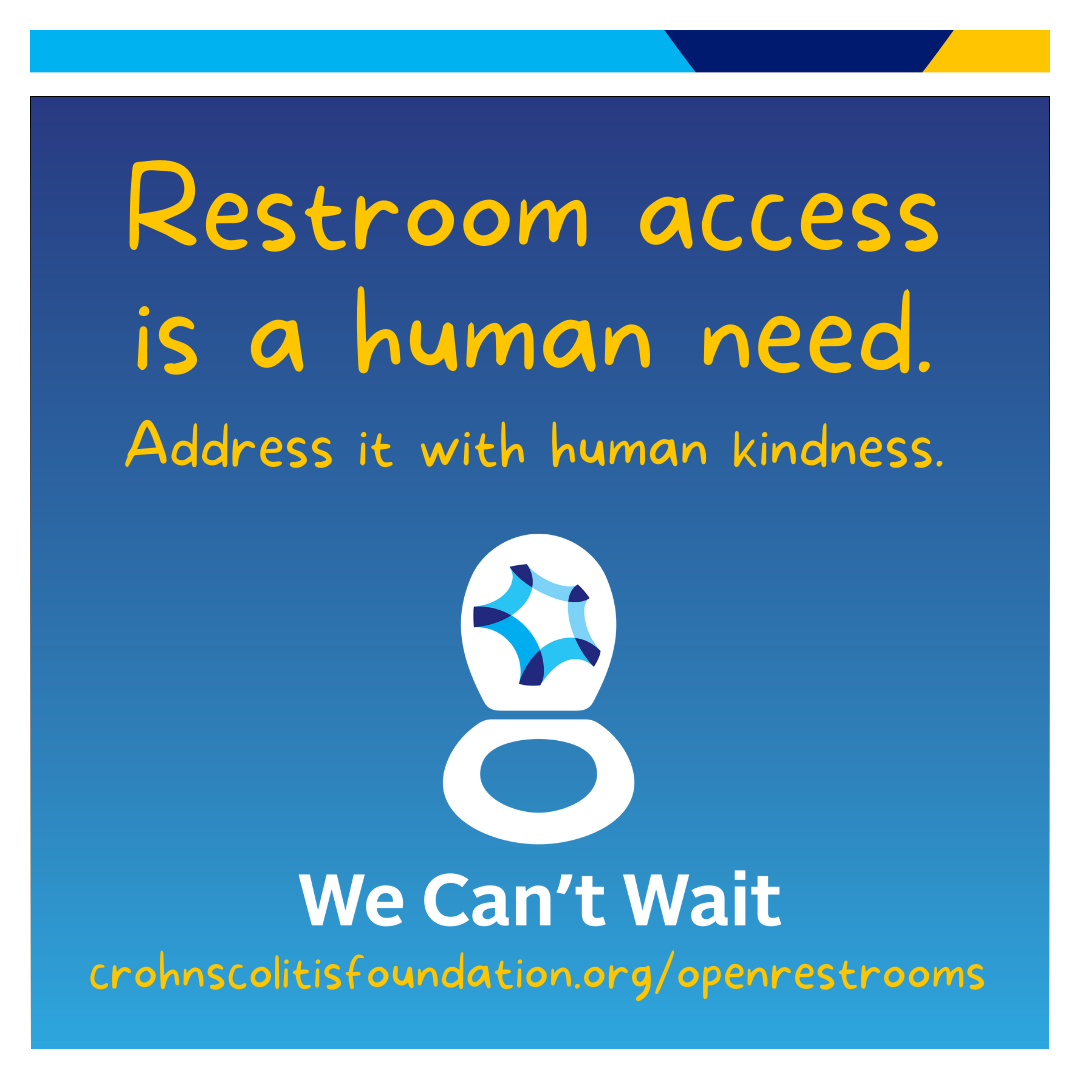What is the “One Big Beautiful Bill Act” (OBBBA)?
The “One Big Beautiful Bill Act,” also known as H.R. 1, became a law on July 4, 2025. This new law aims to cut down on federal healthcare spending. It makes some big changes to programs like Medicaid and how health insurance works through the Affordable Care Act (ACA) marketplace.
How Might This Law Affect Your Healthcare?
We know that changes to healthcare laws can be worrying, especially when you rely on regular infusions or injections. Here’s what you should know:
Medicaid and Medicare Changes
- Work Requirements: If you’re on Medicaid and are between 19 and 64 years old, you might need to work, do community service, join a work program, or go to school for at least 80 hours each month to keep your benefits.
- Who is Exempt? Some people won’t have these work requirements, including pregnant women, people with disabilities, and parents or caregivers of young children (13 and under).
- Checking Eligibility More Often: If you have Medicaid through the ACA expansion (meaning your state expanded Medicaid under Obamacare/the Affordable Care Act, check your state’s status here), your state will need to check if you still qualify every six months instead of once a year.
- This means you’ll need to keep your information updated more frequently. Save any relevant records about your employment status, including all documents related to your hiring and departure from any company.
- Shorter Coverage Time Before Applying: If you apply for Medicaid, the new law changes how far back your coverage can go. If you have Medicaid through the ACA expansion, coverage will now start one month before you apply, down from three months. For others on Medicaid, it’s two months instead of three.
- Limits for Non-Citizens: The law will limit Medicaid eligibility for certain non-citizens. The law excludes some groups who are currently covered, like refugees and asylum seekers.
- Eligibility is restricted to Lawfully Permanent Residents (green card holders) and certain nationals from Cuba or Haiti.
- New Costs You Might Have to Pay: If you have Medicaid through the ACA expansion and your income is above 100% of the federal poverty line (in 2025, for one person that means $15,650 a year), your state will now require you to pay some costs for your medical services. This usually won’t be more than $35 for each service, and your total out-of-pocket costs for your family can’t be more than 5% of your income.
- Harder to Sign Up for Help with Medicare Costs: If you have a low income and are on Medicare, it might be harder to sign up for programs that help pay your Medicare bills. These programs have historically helped cover costs like premiums, deductibles, and co-pays. The programs are still there, but a rule that made it easier to apply was removed, so some people might have a tougher time getting the help they need.
Health Insurance Marketplace (ACA) Changes
- No More Year-Round Enrollment for Some: If you have a lower income and get your health insurance through the federal marketplace, you used to be able to sign up at any time. Starting in 2026, this special enrollment period will go away, meaning you can only sign up during the yearly open enrollment period.
- Stricter Checks for Coverage: Starting in 2026, if the government doesn’t already have your information, you might need to send in papers to prove you qualify for coverage before you can get it. This could cause delays.
- More Frequent Checks for Eligibility: Similar to Medicaid, if you get your insurance through the ACA Marketplace, your eligibility might be checked more often than once a year, starting at the end of 2026.
- Impact on Immigrants: Certain legal residents, including refugees and asylum seekers, might no longer be eligible for ACA coverage or could have their benefits stopped within a year of the law passing.
What This Means for Infusion and Injection Patients
- Potential for Coverage Loss: With new work requirements and more frequent checks, some patients might find it harder to keep their health insurance. Make sure to keep all employment and immigration documents in an easily accessible place and set reminders for when you will need to submit documentation.
- Increased Costs: If you are on Medicaid through the ACA expansion and have a higher income, or if you have a lower income and are on Medicare, you might see new out-of-pocket costs for your infusions and injections.
- Good News for Orphan Drugs: The law makes it easier for “orphan drugs” (medicines for rare diseases) to avoid Medicare price cuts. This helps keep payments for infusion centers more stable, so they can keep giving patients that rely on these specialized medications the treatments they need.
We Are Here For You
The Infusion Access Foundation understands that these changes can feel overwhelming. We are committed to standing by you and advocating for continued access to the critical infusion and injection therapies you need. We are working with leaders at both the state and federal levels to ensure healthcare remains affordable and accessible for all patients.
Stay informed, and don’t hesitate to reach out to your healthcare provider or to advocacy@infusionaccessfoundation.org if you have questions about your coverage.








